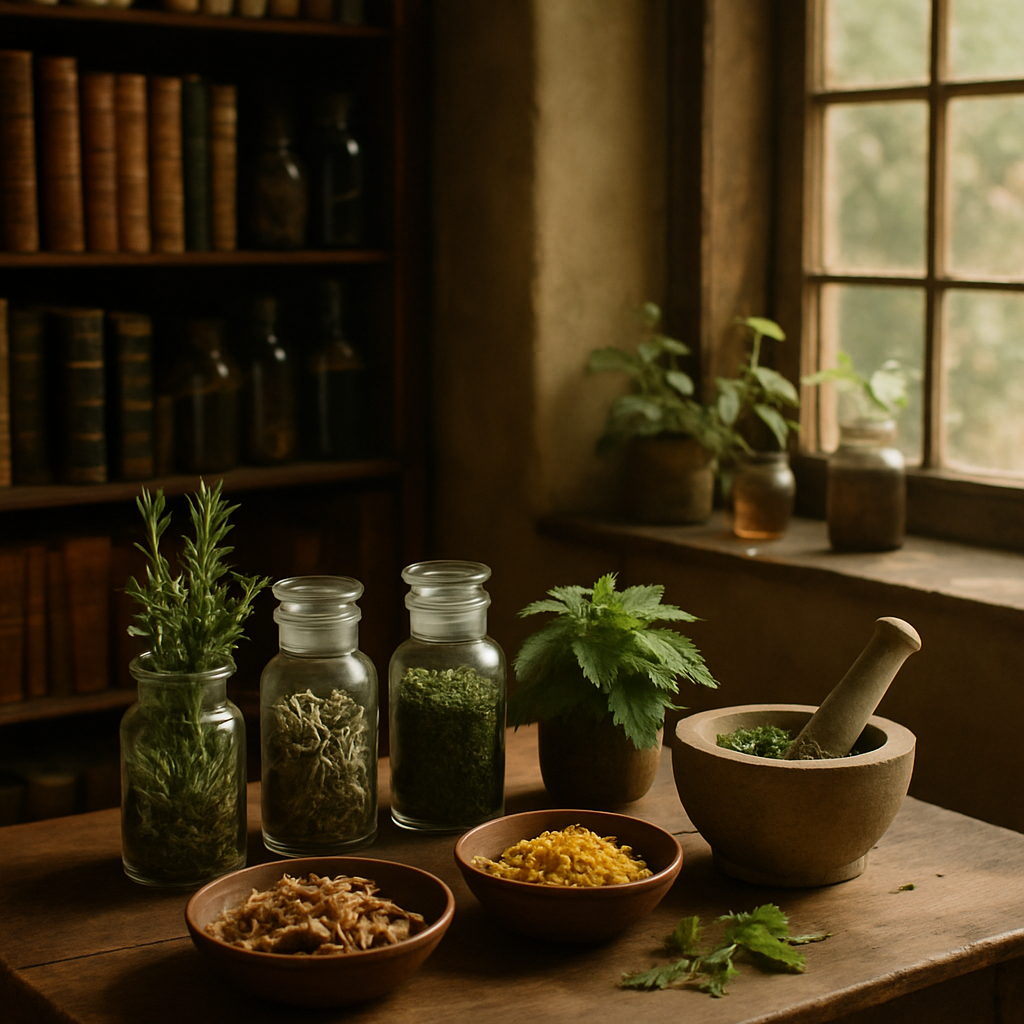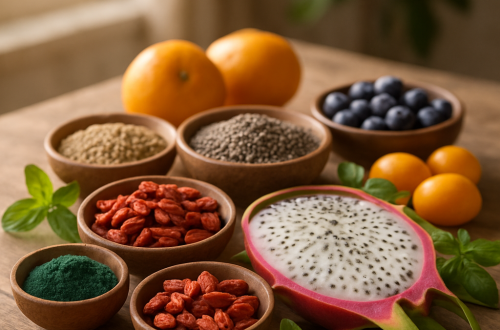Unlocking the Secrets of Hair Growth with Ancient Herbal Remedies

Ancient herbal remedies for hair growth… now there’s a topic that’s both timeless and timely. It’s like a love letter from history, filled with whispers of centuries-old traditions and secrets that have survived the ages. You know, sometimes, I find myself wondering if the wisdom of our ancestors might hold keys to our modern-day hair woes. It’s like when you randomly find that old jar of hair oil your grandmother used to swear by, hidden at the back of a cupboard, and you think, “Could this really work?”
Herbal treatments for hair growth are fascinating because they combine the allure of the past with the promise of natural, chemical-free hair care. Imagine using plants and herbs that were once the go-to solutions for Cleopatra or ancient Chinese royalty. Kind of cool, right? These remedies often come from a time when people couldn’t just pop into their local pharmacy for a quick fix. They had to rely on what the earth provided, and maybe, just maybe, they were onto something.
A Touch of Nature’s Magic
Let’s take a little stroll down the path of history. You might be surprised to learn that herbs like rosemary, peppermint, and nettle have been used for ages to promote hair growth. Rosemary, for instance, isn’t just for your roast potatoes. Its essential oil is believed to improve circulation in the scalp, which might boost hair growth. There’s this study from the Skinmed Journal in 2015 that compared rosemary oil to minoxidil (a popular hair growth treatment), and guess what? Rosemary oil held its own, showing promising results in improving hair thickness.
Then there’s nettle, which I always thought was just that pesky plant that gave me a rash during childhood hikes. Turns out, it’s packed with vitamins A, C, K, and several B vitamins, along with iron, silica, and magnesium all of which are said to strengthen hair and potentially encourage growth. Ever tried brewing a nettle tea? It’s quite the experience. The taste is… let’s say, earthy. But hey, steeping the leaves into a tea and using it as a rinse can be a refreshing ritual.
And peppermint oil oh, the cool tingle of peppermint. It’s like a breath of fresh air for your scalp. According to a study published in 2014 in Toxicological Research, peppermint oil showed significant hair growth effects in mice, even more than minoxidil. Is it magic or science? Maybe it’s a bit of both.
That Old-School Wisdom
My friend Sarah, a self-proclaimed herbal enthusiast, once said to me, “If it was good enough for my grandma, it’s good enough for me.” She had this ritual where she’d blend hibiscus flowers with coconut oil, creating a paste that she’d massage into her scalp. The smell was divine a floral explosion with a tropical twist. More importantly, her hair seemed to thrive on it, looking thicker and healthier.
Hibiscus, often called the ‘flower of hair care,’ has been used traditionally in Indian medicine, Ayurveda, to prevent hair loss and promote growth. It’s believed to improve blood circulation in the scalp, strengthen the roots, and keep the strands conditioned. Plus, the vibrant red pigment is said to act as a natural hair dye. Sarah has never colored her hair, and those subtle red highlights? All-natural. Or so she claims.
Now, let’s not forget about the humble onion. Yes, the tear-inducing kitchen staple. Onion juice has been a popular home remedy for hair loss because it’s rich in sulfur, which is thought to support strong, healthy hair. I tried it once, and let me tell you the smell lingered for days. But some folks swear by it. A 2002 study in the Journal of Dermatology found that applying onion juice twice daily might significantly regrow hair in some people with alopecia areata. Who knew?
When Old Meets New
Mixing ancient knowledge with modern science can be a tricky business. On one hand, you’ve got these natural remedies that have been passed down through generations, each with its own stories and believers. On the other, the meticulous demands of scientific validation loom large, and not every herb or concoction has the backing of rigorous studies.
Take ginseng, for instance. A staple in traditional Chinese medicine, it’s believed to stimulate hair follicles and promote hair growth. The Journal of Ethnopharmacology published a study in 2012 where researchers found that ginseng’s active components might encourage hair growth in human dermal papilla cells. Yet, how effective is it in the grand scheme of things? Is it the herb itself, or perhaps the ritual and belief that make it work?
Let’s not kid ourselves, though. Not all herbal remedies are magic bullets. I once tried washing my hair with rice water after reading about its use by the Yao women in China, who are famed for their long, healthy hair. My hair felt soft, sure, but did it grow faster? Hard to say. Maybe it’s something you have to commit to for the long haul, like yoga or meditation.
Unexpected Perspectives
Here’s a curveball: could the success of these remedies be more about self-care and less about the actual ingredients? When you set aside time to lovingly apply a hair mask or massage your scalp with oil, you’re not just tending to your hair you’re taking a moment for yourself. That act of care can be just as nourishing as the treatment itself. Maybe it’s the routine, the time out of your busy day, that truly makes a difference.
And then, there’s the philosophy behind using what’s natural and readily available. It’s a comforting thought, isn’t it? In an age where so much is synthetic or mass-produced, reaching for a bottle of oil or a fistful of herbs can feel grounding, even peaceful. It’s like connecting with the earth in a small but profound way.
So, what does all this mean for us modern folks trying to grow our hair longer, stronger, and healthier? Perhaps it’s not just about finding the perfect product or treatment, but about exploring and experimenting with what nature offers. It’s about mixing a little bit of the old with the new, being open to trying what our ancestors used, all the while acknowledging that sometimes, a bit of patience and a little faith in the process are what we really need.
In the end, whether you’re slathering on a hibiscus paste or massaging in a peppermint oil treatment, maybe the real secret is finding joy in the practice itself. Because let’s face it, growing your hair isn’t a sprint; it’s a marathon. And who’s to say that the journey isn’t just as important as the destination?


